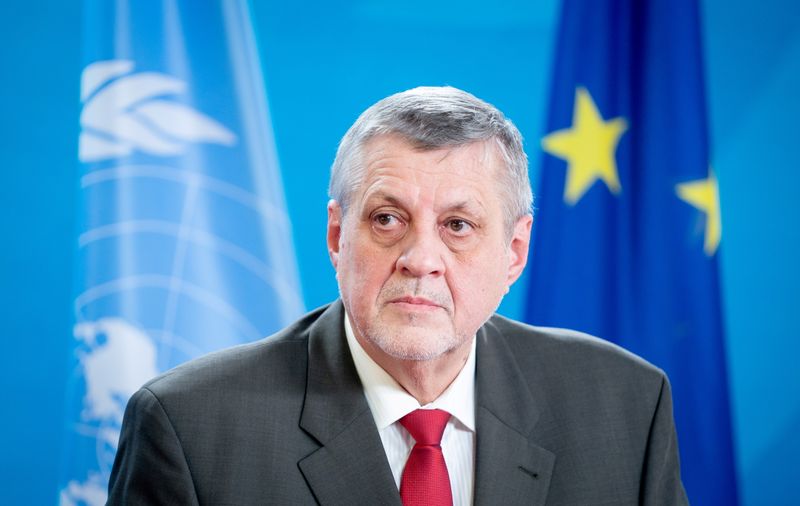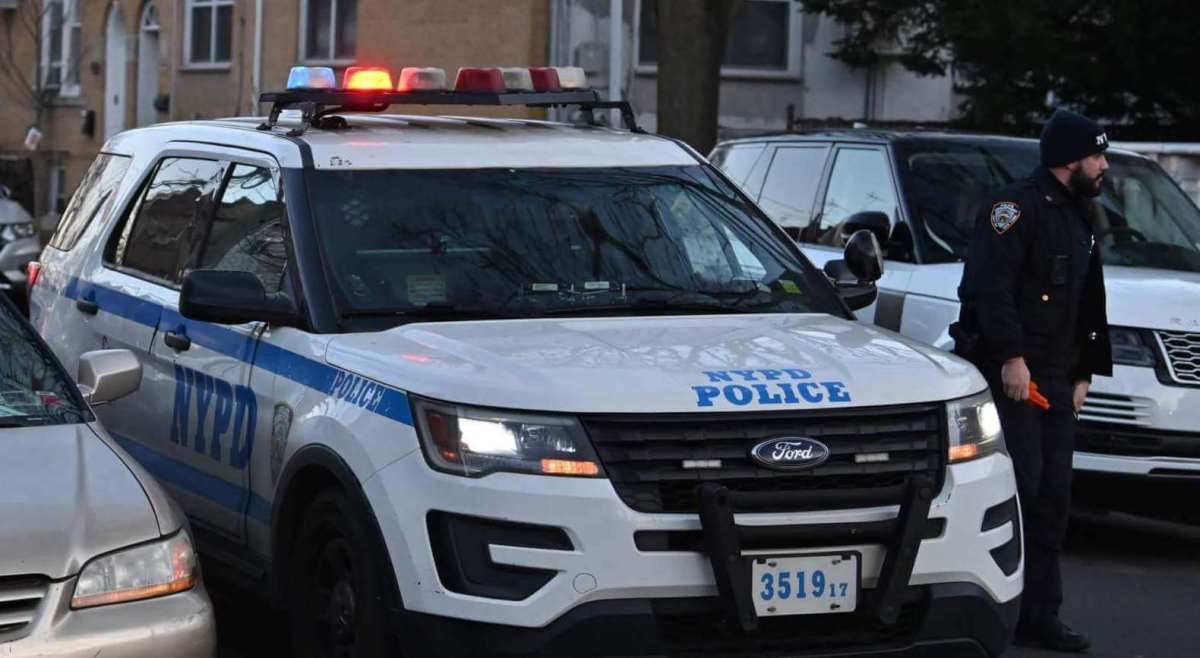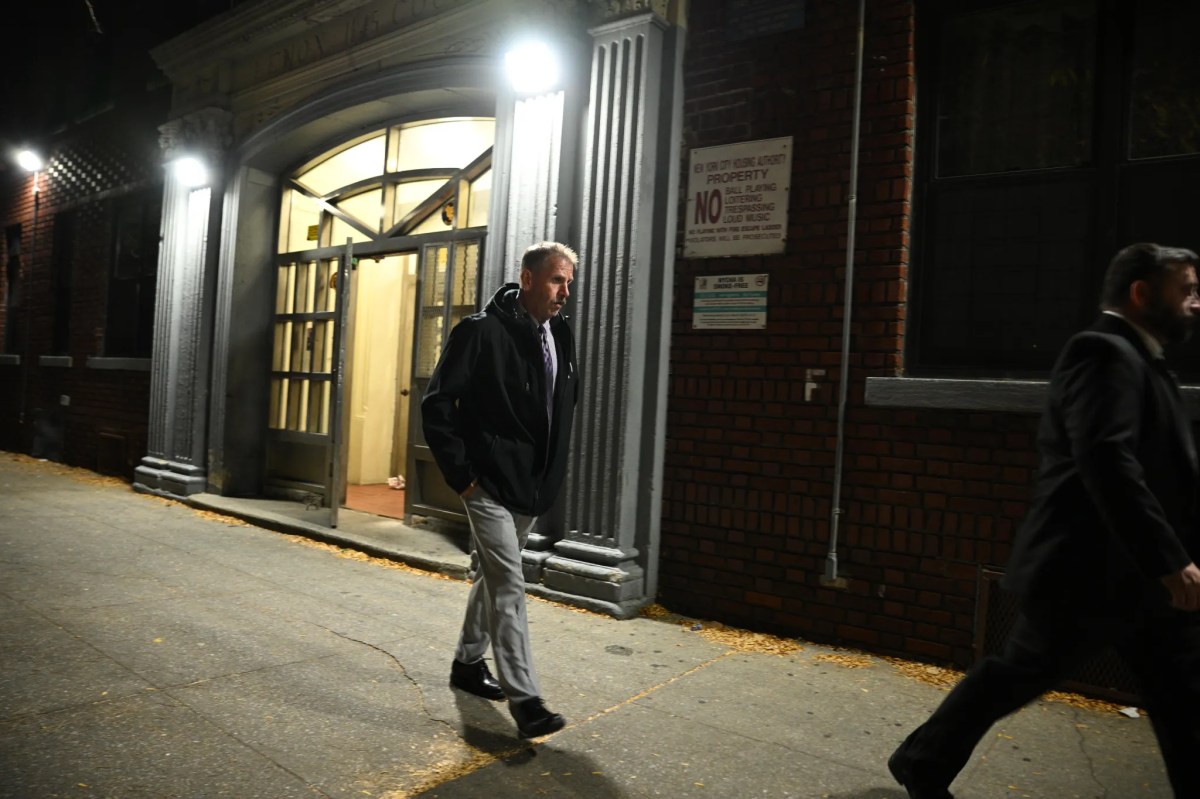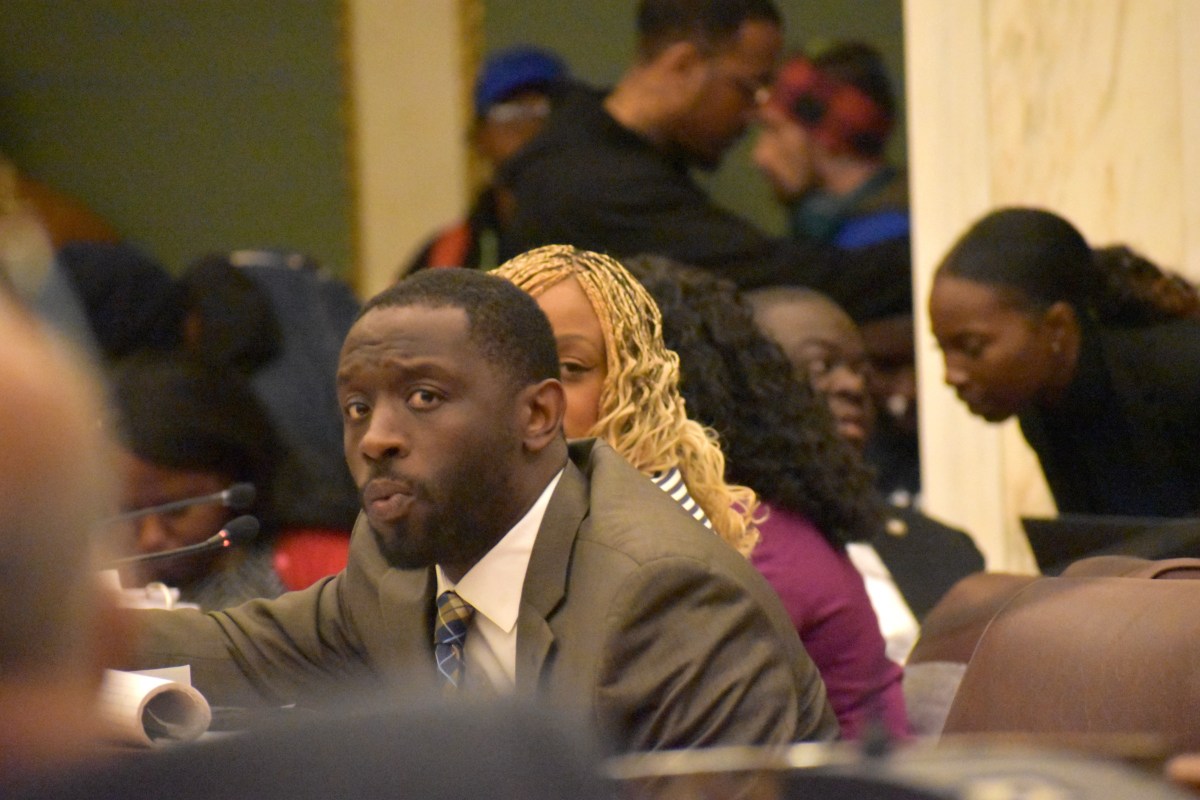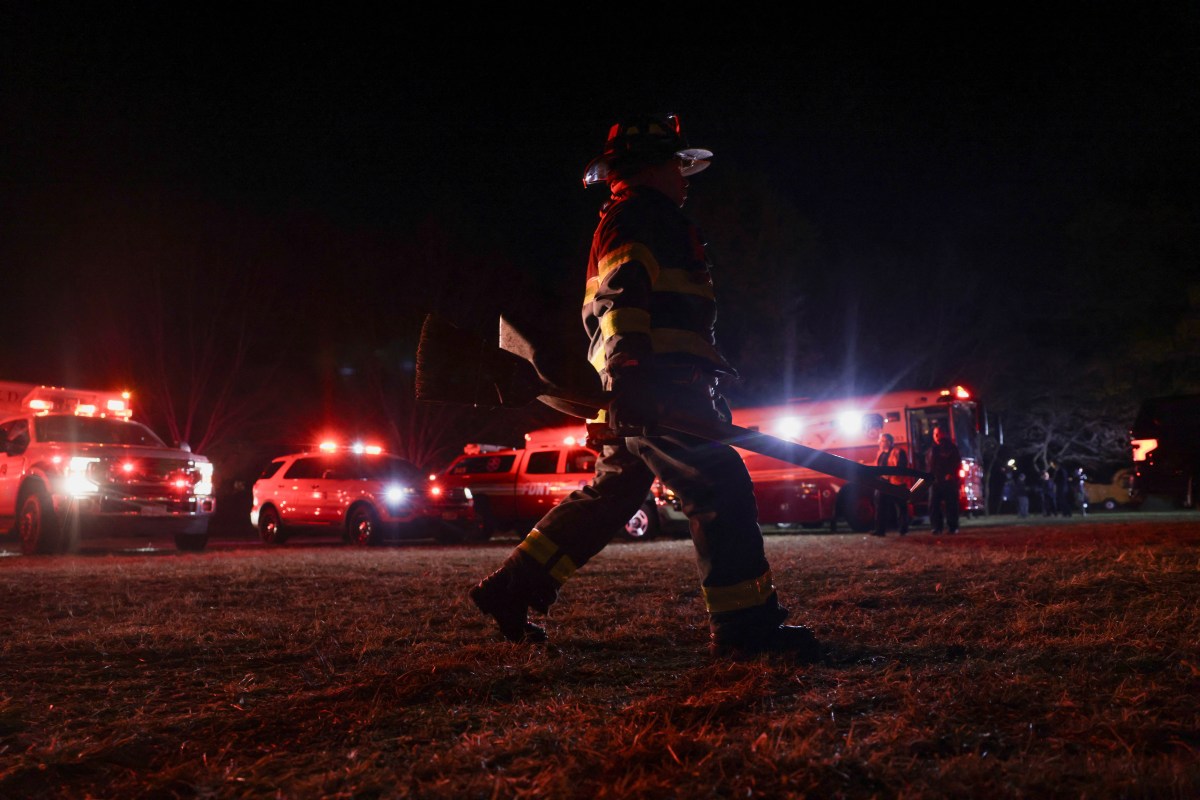UNITED NATIONS (Reuters) – The United Nations Libya mediator Jan Kubis is stepping down, a U.N. spokesman said on Tuesday, less than a year after he took up the role and a month before planned elections in the country.
The United Nations is informally suggesting veteran British diplomat Nicholas Kay as a replacement, said diplomats, speaking on condition of anonymity. The 15-member U.N. Security Council, operating by consensus, must approve a new appointment.
U.N. Secretary-General Antonio Guterres accepted Kubis’ resignation “with regret,” spokesman Stephane Dujarric said. When asked when Kubis would leave, Dujarric said: “Mr Kubis has made it clear that he’s not slamming the door today.”
“He, more than anyone, does not want to have the mission destabilized in any way, shape, or form,” he said.
“The Secretary-General is working on an appropriate replacement. We are fully aware of the electoral calendar and are working as quickly as possible to ensure continuity of leadership,” Dujarric said.
Kubis is a former Slovak foreign minister who has also served as the U.N. special coordinator for Lebanon and the U.N. special envoy in Afghanistan and Iraq. The Security Council approved his appointment as Libya mediator in January, succeeding Ghassan Salame, who quit in March 2020 due to stress.
It was not immediately clear why Kubis was stepping down. Dujarric said the resignation “did not come as a complete surprise”, but did not give further details.
Libya descended into chaos after the NATO-backed overthrow of longtime autocrat Muammar Gaddafi in 2011. In October last year, the two major sides in Libya’s war – the internationally recognized Government of National Accord and Khalifa Haftar’s eastern-based Libyan National Army – agreed a ceasefire.
Parliamentary and presidential elections on Dec. 24 were demanded by a U.N. political forum last year as part of a roadmap to end Libya’s civil war. However, disputes over the planned vote threaten to derail the peace process.
A first-round presidential vote is set for Dec. 24 and the parliamentary election has been delayed to January or February. However, rules for the elections have not yet been agreed.
(Reporting by Michelle Nichols, Editing by William Maclean, Mark Heinrich and Grant McCool)

